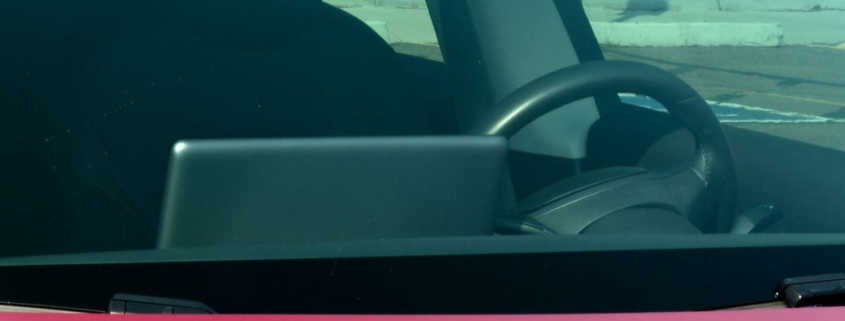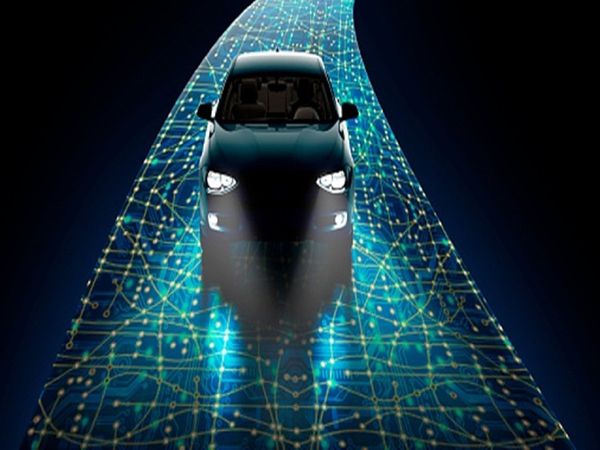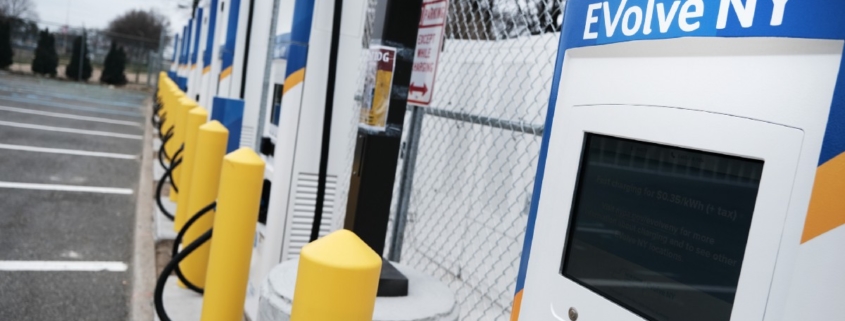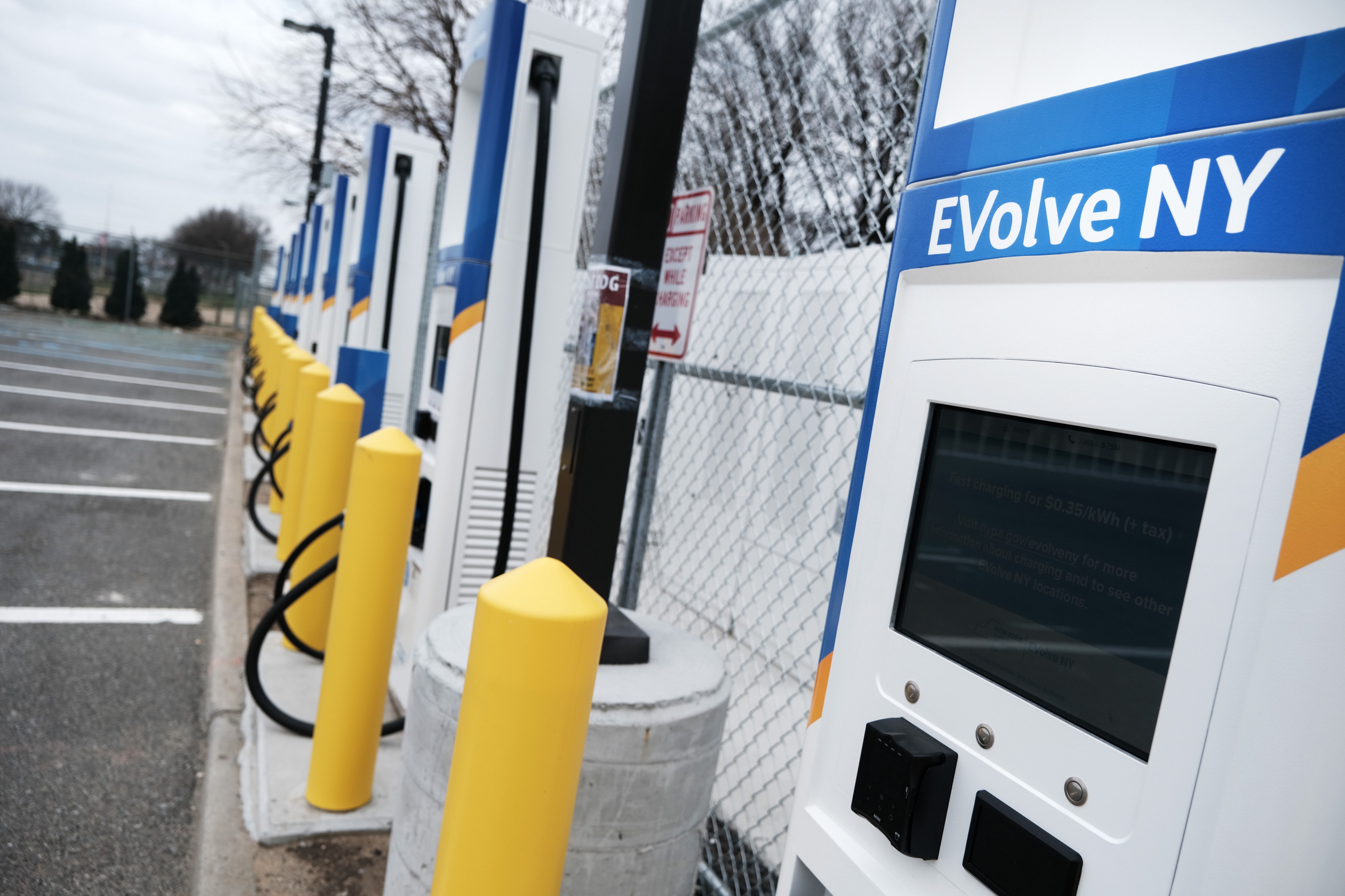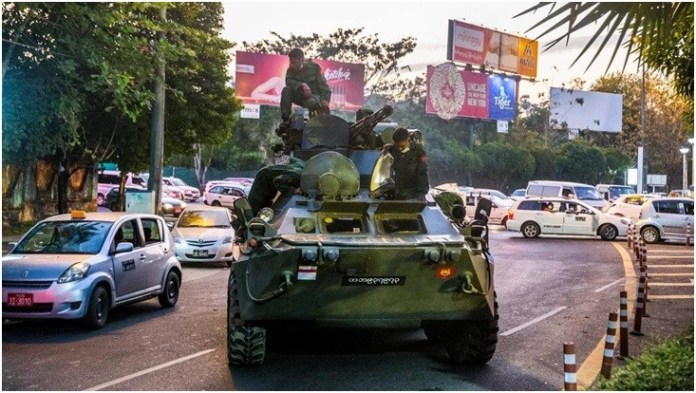Cybercriminals hacking into vehicles pose major concerns
COLORADO SPRINGS — We face cybersecurity threats every day on our devices and online accounts, but the hackers have now set their sites on something that could be even more dangerous, our cars.
Researchers at the University of Colorado Colorado Springs are working to better understand these threats and are sharing some of what they know.
“They can control all the major functions of the vehicle. So, they can control your door locks, they can control your acceleration, your breaks, your turning,” UCCS Assistant Professor of Computer Science Dr. Gedare Bloom said.
With funding from the National Science Foundation and the State of Colorado, Dr. Bloom and his team are on a mission to better understand these cyberattacks.
“So this is absolutely a national security issue. We rely on vehicles for everything. They are a critical infrastructure,” Dr. Bloom said. And these hacks are already happening. A Global Automotive Cybersecurity report by Upstream Security analyzed more than 200 cyber incidents in 2020.
The report found in one case a hacker took control of an entire connected vehicle fleet by exploiting a vulnerability. According to the research, there has been a 99% increase in cyber incidents in 2019 and a 94% increase year-over-year from 2016.
“So we saw the Colonial Pipeline where the attackers took down infrastructure,” Dr. Bloom said. “So if an attacker can take down one model of vehicle across the country simultaneously all of a sudden they have a huge lever to extort money out of the manufacturer of that particular model.”
Also, a hack on a trucking company would be a disaster when combined with a labor shortage and supply chain issues. “One semi-truck carrying a load of freight is probably as valuable as anything else that a cybercriminal can capture,” Dr. Bloom said.
The experts say any vehicle with connectivity could be subject to a hack, but newer vehicles with modern technology are the ones researchers are working to improve security measures.
“Modern vehicles that connect through 5G, cellular connections, or even through internet infrastructure,” Dr. Bloom said.
So, if you’re looking to buy a new car, researchers say it’s important to prioritize cybersecurity when making your…
